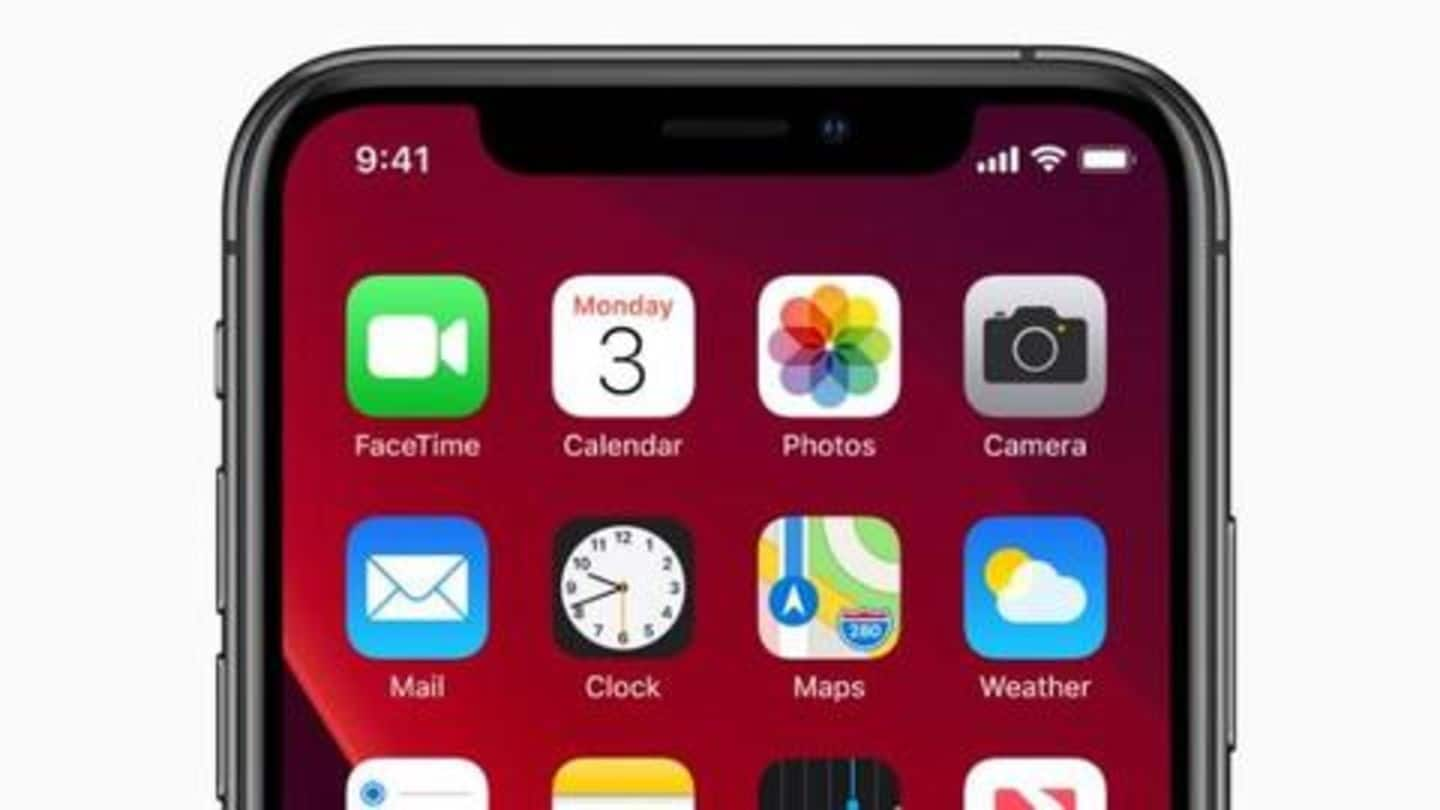
This is how Apple will keep iOS 14 bug free
What's the story
Apple's latest software release has been a real nightmare for iPhones and iPads users. There are a bunch of bugs, which the company has been trying to tackle with incremental updates, patches. However, the good news is, the Cupertino giant realizes this issue and is already working on a way to reduce, perhaps eliminate bugs, in iOS 14. Here's all about it.
Issue
Issues with current iOS development and testing process
Like every company, Apple releases iOS after developing and testing it internally. The process helps it rule out issues, but in the current state of development, teams add incomplete/untested features on a daily/weekly basis. This makes the platform difficult to use, prompting the testers to "go days without a livable build" and preventing them from getting "a handle on what's working and not working."
Change
Now, Apple is making a change to this system
As the current system of testing makes it difficult to see and flag problems stemming from the latest changes, the entire purpose of testing gets defeated and bugs slip into stable releases. Now, to tackle this issue, Apple is said to be working on a system that will keep incomplete/untested features off by default in test versions of future software builds, Bloomberg reported.
Impact
This will allow testers flag individual problems in future builds
With this change in place, testers will get a way to enable the disabled features at their own will using an internal process and settings menu dubbed Flags. This will ultimately keep the future development builds of iOS suitable for testing and daily usage and also allow testers to isolate the impact of each individual addition made into the software.
Possibility
So, hopefully, iOS 14 would be more stable
According to people familiar with internal developments at Apple, the changes related to the testing strategy were announced recently at an internal kickoff meeting spearheaded by the company's software chief Craig Federighi. Now, this seems to indicate that the new process is already being implemented to make sure iOS 14, Apple's next big software release, remains free from bugs and glitches.